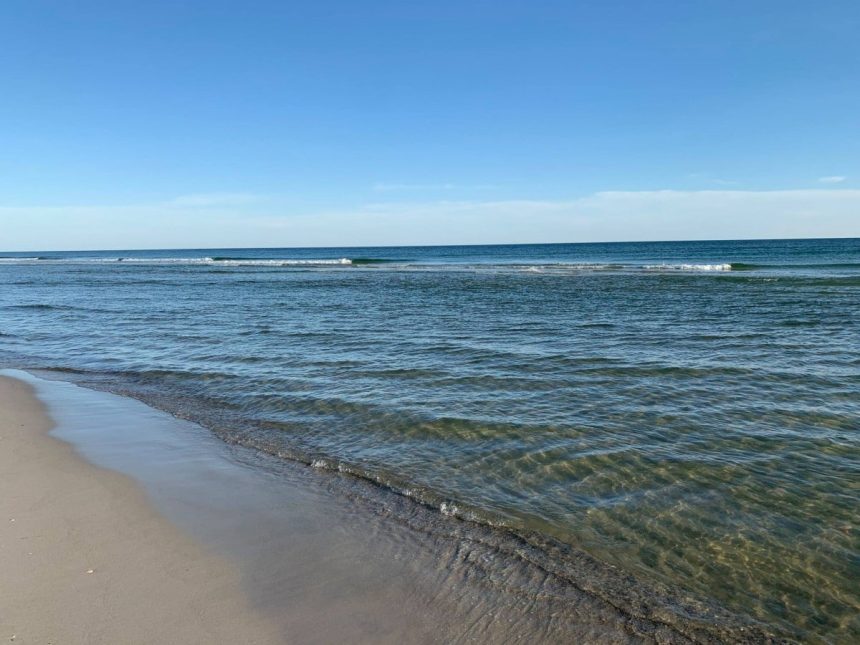Lawmakers are working to provide some clarity over who actually controls the Mississippi Gulf Coast’s waterfront.
In what has been an ongoing battle between elected officials, the secretary of state is lawfully in charge of land subject to ebb and flow of the tide on bays and the Mississippi Sound. Hence, the name “tidelands.” However, state laws also give counties and cities the right to control their harbors and beaches and any construction that may come along with those pieces of property.

Senate Bill 2780 was passed unanimously last week by members of its originating chamber and now heads to the House for consideration.
According to Senate officials, the legislation accomplishes three things: (1) clarifies that a gaming operator needs a lease from the state through the secretary of state, (2) counties and municipalities have exclusive authority over the development and management of their small craft harbors and ports, and (3) codifies gaming commission regulations on-site suitability and amenities for gaming licenses.
Secretary Michael Watson, who has previously been at odds with Attorney General Lynn Fitch and local mayors such as Biloxi’s Andrew “FoFo” Gilich over the tidelands issue, fully supports the bill.
“I have previously called on the legislature to provide clarity on Tidelands issues for the benefit of coastal residents and all Mississippians,” Watson said in a statement. “A handful of individuals interested in this issue aren’t acting as honest brokers, but honest and open debate will always produce a better product. Misrepresentation and misapplication of facts only reek of desperate self-interest with little room for resolve.”
Additionally, the legislation indicates that a city or county may keep income from any sublease or rental for its harbor operation as current law requires revenue to be deposited into the Tidelands Fund to split among three counties. It also confirms the duty executed on the state and Harrison County by the federal courts in U.S. v. Harrison County which resulted from the sand beach “wade-in” civil rights litigation to protect the sand beach for “perpetual public use” and to prevent upland owners from “placing any fill, structure, or other obstruction in and upon the sand beach.”
The largest problem with enacting this bill will be going through the court system. On Monday, SB 2780 was sent to the House Gaming Committee where it must be approved before going to the floor for a full vote.







